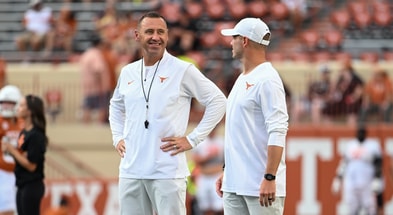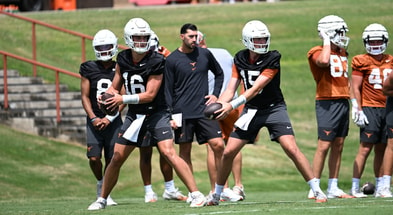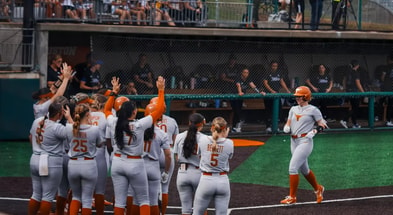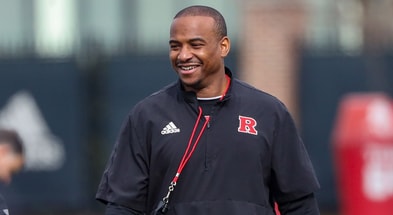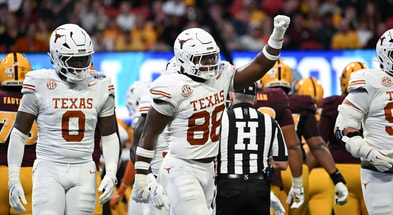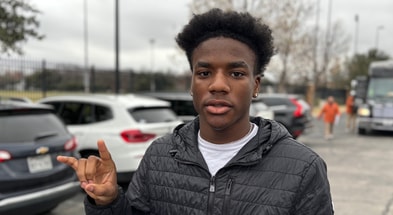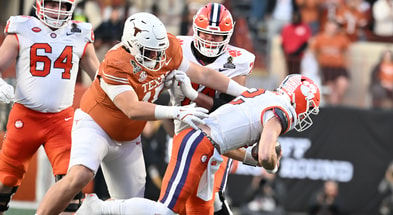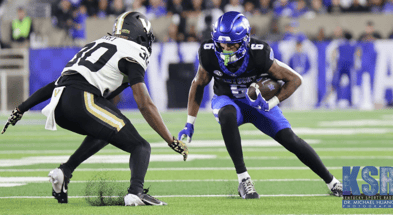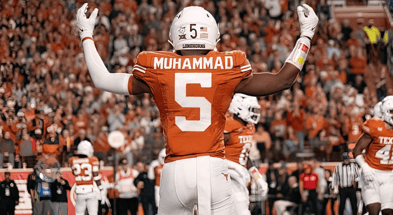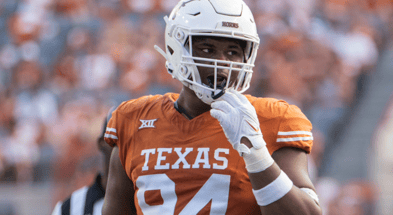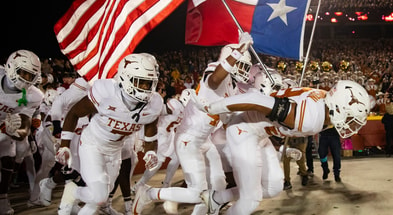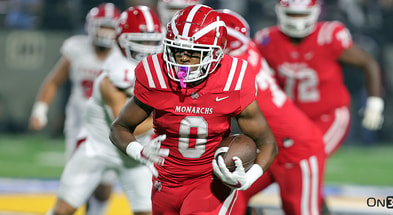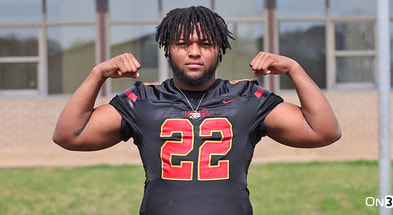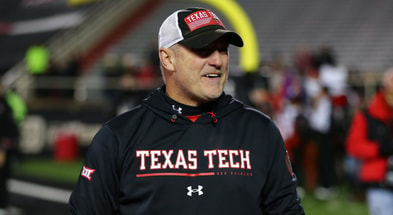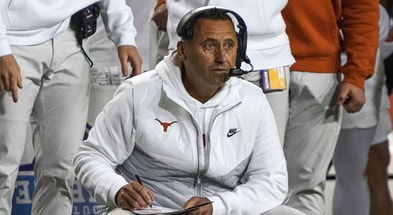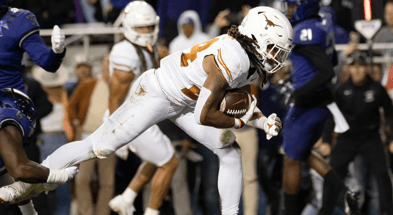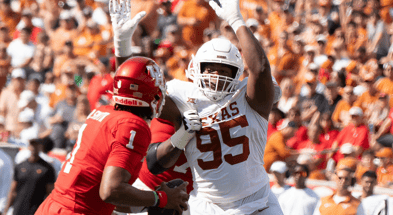Progress at a high price
The story of former Texas football player Greg Ploetz is an inspiring one, a portrait of great accomplishments brushed alongside aching sadness. In a world that insists upon black-and-white absolutes – right and wrong, good and bad, love and hate – Ploetz’s tale will always be painted in gray strokes.
The short version of his story is this: a lawsuit filed by his wife, Debra Hardin-Ploetz, alleged negligence and wrongful death after her husband died in 2015 at 66, and was settled with the NCAA earlier this June. Ploetz played for Texas in the national championship year of 1969, and upon his death the Concussion Legacy Foundation at Boston University asserted that he had died of Stage 4 chronic traumatic encephalopathy (CTE), a condition caused by blows to the head.
Far from a football star at Texas, it’s unfortunate that perhaps Ploetz will now become more known for this lawsuit than for who he was as a man, a husband, a father, a teacher and an artist. He was a fine arts major who played for Darrell Royal, a student who sympathized with the anti-war movement as Vietnam dominated the news of his day.
Though he had to keep his hair short and his opinions somewhat suppressed, he managed to express himself in art, a subject he ultimately he would teach in Ft. Worth. Freddie Steinmark, another Coloradoan, was a close friend who was the godfather at his son’s baptism. At 5-11 and 205, Ploetz survived at Texas – somehow – as a defensive lineman/linebacker.
His cognitive problems didn’t appear until 2004, and ultimately Deb moved them to Colorado so he would have access to marijuana-based medical treatment. Ploetz also lived in a memory care assisted living facility near Denver.
Photos of Ploetz from a 2004 joint reunion in Fayetteville, Arkansas, of the 1969 Longhorns and Arkansas Razorbacks show a fit and smiling middle-aged man with bright eyes who looked more like an ex-wide receiver than a lineman. He spoke with humor and insight to author Terry Frei about his experience at Texas, about how he couldn’t grow his hair too long, about all of the tough football drills he endured, about shaking hands with President Richard Nixon after the Great Shootout. His life was full and rich.
The lawsuit filed said Ploetz endured numerous concussions, adding that he was not protected adequately by the NCAA at the time. Part of the lawsuit’s conclusion included no admission of liability by the NCAA.
Top 10
- 1New
Kewan Lacy injury
Ole Miss RB's status revealed
- 2Hot
Garrett Riley
Fired at Clemson
- 3Trending
Cam Coleman
Plans to enter Transfer Portal
- 4
Transfer Portal Intel
Sam Leavitt, Caleb Hawkins scoop
- 5
Marcus Freeman
Makes 2026 intentions clear
Get the Daily On3 Newsletter in your inbox every morning
By clicking "Subscribe to Newsletter", I agree to On3's Privacy Notice, Terms, and use of my personal information described therein.
Nearly a half-century later, searching for a clear-cut target of blame for his struggles is, like the great majority of all things in this life, gray. The NCAA – and coaches and players – knew infinitely less about head trauma and its long-term effects than they do now. Hearing stories from long ago about players who got their “bull rung” – and the reactions of teams when that happened – can be horrifying. It was truly a different world.
Organizations like the NCAA – and the NFL – have rightfully taken steps toward prevention and care. Ploetz played in a time when organizations, coaches and players knew little to nothing about the effects. Rules and equipment changes – and medical studies – give athletes in 2018 far more information from which to learn about causes, treatments and precautions that must be taken.
This lawsuit shines even more light on the issue, and is another step down the road toward prevention, care and education.
In a gray world with few absolutes, this much is clear: the progress made here didn’t happen soon enough to save Ploetz’s life, but the artist who just happened to play football, a man who epitomized a life well lived, can at least rest easier knowing his sport is hopefully moving in the right direction.




